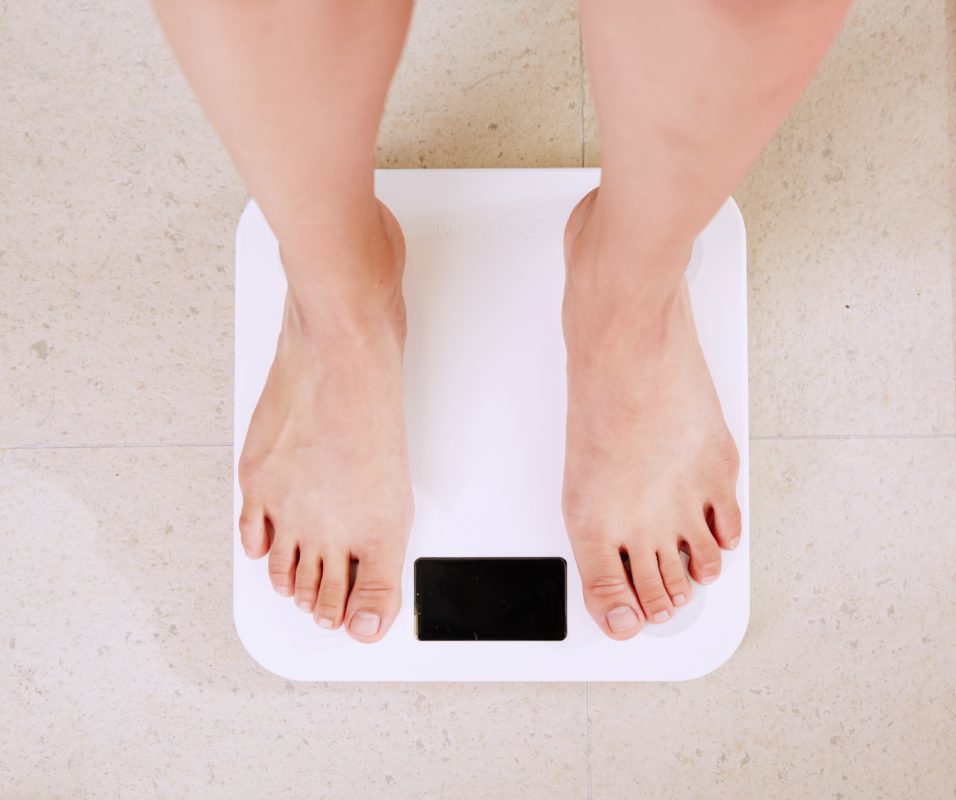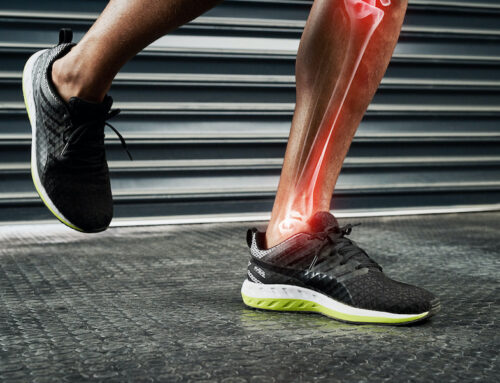Ok, so there’s always something going off with food in the media. Normally along the lines of don’t eat this, that’s bad and the other is the devils work. When combined with exercising regularly it quickly becomes a minefield of misinformation. Any information out there for public use has to be applicable to 95% of the UK’s population whether it’s how many steps you need a day, what your calorie requirements are or what the recommended daily requirements of a certain food group, or food items are.
This article is going to tell you a little more about ‘The Calorie Deficit’. You may (or may not) have heard this banded about lately either in the gym you use, or amongst friends and families that workout.
Firstly, what is it? Simply put, it means you use more calories (or your body does) on a daily/ weekly/ monthly basis (however far you want to track it) than your body requires. This means that should you regularly achieve a calorie deficit, long term you will make improvements to your body composition, shape and overall wellbeing.
Secondly, how do I achieve a calorie deficit? Well, the easiest and most simple way of achieving such, is by not eating poor nutrition in the first place. Remember back to the magic information given out by the government, that applies to 95% of the population?
They say you need 2000kcal per day, inactive or athletic, laborious job or desk bound, end of story. In some cases, it is correct but in a lot of cases it is so wrong. If you have a laborious job that is physically demanding and you ride your bike to work, that may be fine. If the only exercise you get is the steps on to and off of the bus for your commute and a stroll along the pavement occasionally, the chances are you wont need 2000kcal.
For ease of maths, Dave is one of the lucky ones who needs 2000kcal per day. That means Dave needs 14,000kcals per week. If Dave consumes 2000kcal on a daily basis (providing the macronutrients are right for him, more on that later) then he will remain just the way he is, he wont gain or lose weight, he wont bulk out or trim down. However, if Dave eats 1750kcals per day then over time he will lose weight and become leaner. Note at this point he has made this gain by changing only his eating habits.
If Dave then exercised 3 times per week, and used an extra 500kcal on each of those 3 days his weekly deficit would be 3250kcals (1750 from nutrition + 1500 from training). Long term, this would make significant changes to Dave’s body shape, mass, health and wellbeing.
If however, you’re like some of Dave’s mates who need 2000kcal per day and don’t train, but also likes a few pints at the weekend as a reward for the hard fought desk wars they’ve had all week (followed by the obligatory pizza or kebab) it’s a slippery slope to type 2 diabetes, chronic heart disease, liver disease or poor liver function (other bad things are also available).
Nobody is saying you need to drink only water and eat ‘rabbit food’ forever, but out of the things that are high in calories just cut the portion size down and the number of times you consume food containing poor nutrition qualities, and be mindful of the long term health issues your sedentary lifestyle riddles your body with.
Make food yourself, from fresh or as close to fresh as possible. Do this by allowing time to prep. Remember, prep is at every level, before you can physically prep meals you need to identify which meals you are going to eat, and buy the right ingredients for. The calories in fresh food are far lower, and of a much higher quality than the calories in processed foods, pre-packed meals and fad diet products.
I’ll wrap this up by talking about the macronutrients I mentioned earlier. Of the 2000kcal you need (or whatever that number is) that needs to be split down as Carbohydrates, Proteins and Fats. Each of these have their own role within the body, and contain different amounts of calories in each macro type. In Carbohydrate and Protein there are 4kcals per 1g of each, in 1g of Fat there is 9kcal. It is for this reason many many people are lulled into cutting out fats, because in their eyes they’re cutting out twice as much. This is however a false economy because a fat free diet is very bland and tasteless, meaning motivation to sustain this harsh regime suffers quickly.
Secondly, to keep some sort of consistency in a food when the fat is removed sugar is normally added. Sugar is essentially what everything you eat is going to end up as, it is what your body runs off. YOUR BODY LOVES IT! Your body doesn’t even need to use calories to break it down and store it, it just stores it, making a fat free or low fat diet a big mistake. Lastly, all of the delicious nutrients in all of the food items in Carbohydrates and Protein can only be fed into the body with the presence of dietary fat, making fats a must have! It doesn’t matter how active or inactive you are, whether your lifestyle is energetic or sedentary, we all have different energy demands, different daily requirements and different macronutrient requirements.
The bottom line is, training does help with many health factors and helps your body use calories and adds to the good end of building a calorie deficit, but the harsh truth is you spend most of your time away from a setting where calories can be burned in abundance, and therefore should aim to help build the calorie deficit even more by being selective with your nutrition. Case and point, you can not lose weight and get in shape without a calorie deficit, you can’t out train a bad diet!
We work with all of our clients at Body Planners to find a nutrition and training solution that best suits their current limiters, abilities and lifestyle. We help and encourage them to make a series of small positive changes and it yields results you can measure.







 >
>

Leave a Reply